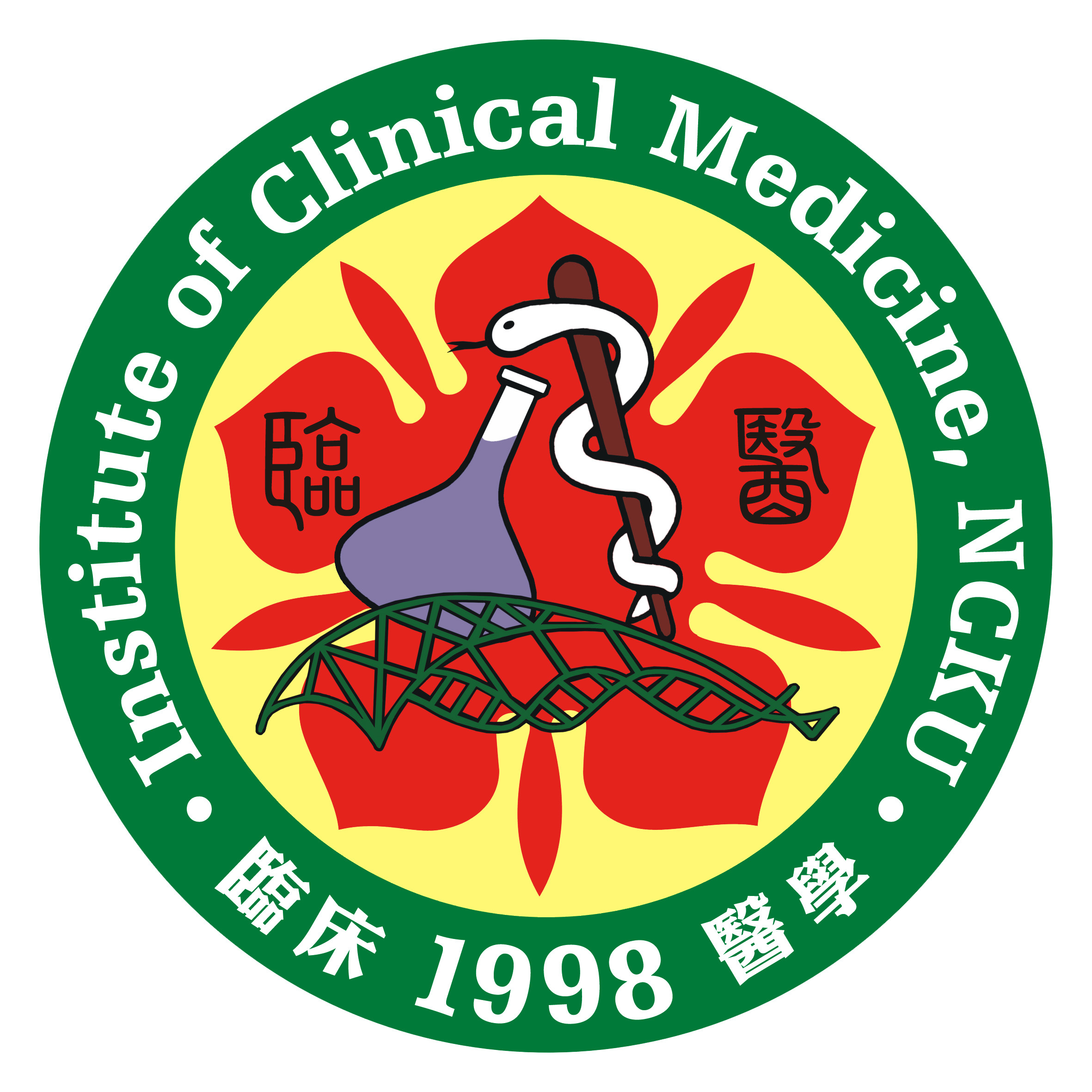蔡曜聲 老師, Inguinal Fat Compensates Whole Body Metabolic Functionality in Partially Lipodystrophic Mice with Reduced PPARγ Expression., Int J Mol Sci . 2023 Feb 15;24(4):3904.
Abstract
Peroxisome proliferator-activated receptor γ (PPARγ) gene mutations in humans and mice lead to whole-body insulin resistance and partial lipodystrophy. It is unclear whether preserved fat depots in partial lipodystrophy are beneficial for whole-body metabolic homeostasis. We analyzed the insulin response and expression of metabolic genes in the preserved fat depots of PpargC/- mice, a familial partial lipodystrophy type 3 (FPLD3) mouse model resulting from a 75% decrease in Pparg transcripts. Perigonadal fat of PpargC/- mice in the basal state showed dramatic decreases in adipose tissue mass and insulin sensitivity, whereas inguinal fat showed compensatory increases. Preservation of inguinal fat metabolic ability and flexibility was reflected by the normal expression of metabolic genes in the basal or fasting/refeeding states. The high nutrient load further increased insulin sensitivity in inguinal fat, but the expression of metabolic genes became dysregulated. Inguinal fat removal resulted in further impairment of whole-body insulin sensitivity in PpargC/- mice. Conversely, the compensatory increase in insulin sensitivity of the inguinal fat in PpargC/- mice diminished as activation of PPARγ by its agonists restored insulin sensitivity and metabolic ability of perigonadal fat. Together, we demonstrated that inguinal fat of PpargC/- mice plays a compensatory role in combating perigonadal fat abnormalities.
Keywords:
PPARγ; partial lipodystrophy; insulin sensitivity; fat depot; adipose tissue flexibility; inguinal fat-dependence index
